
Join 10k+ people to get notified about new posts, news and tips.
Do not worry we don't spam!

Post by : Laxmi Verma
In a functioning democracy, the legitimacy of government depends on the trust of its people—and nothing builds or breaks that trust more than elections. Whether on a local or national scale, elections are the foundation of civic participation. But in today’s fast-paced, polarized, and digital world, the question arises: what makes a fair and transparent election process?
A fair election is more than just casting votes. It’s a complex system that ensures every vote counts, no voter is excluded unfairly, and results reflect the genuine will of the people. Let’s dive into the core principles and mechanisms that define electoral fairness and transparency in the 21st century.
One of the first and most important elements in what makes a fair and transparent election process is equal access to the ballot. This means all eligible citizens must have the opportunity to register and vote without discrimination or unnecessary obstacles.
Restrictions that disproportionately affect specific groups—based on race, age, or socio-economic status—undermine fairness and must be addressed through legislation and oversight.
An independent electoral commission is crucial to what makes a fair and transparent election process. Election administrators must be non-partisan, professionally trained, and accountable to legal standards rather than political pressure.
Responsibilities include:
A system that lacks neutrality invites distrust and opens the door to manipulation.
3. Transparent Voting and Counting Procedures
Transparency is not a luxury—it’s a necessity. Clear, public procedures around how votes are cast, counted, and reported are vital to building public confidence.
Key features include:
A transparent election doesn’t mean perfect, but it means any issue can be clearly seen, understood, and addressed.
Freedom of the press and equal media access for all candidates are important factors in what makes a fair and transparent election process. Voters need accurate, diverse, and unbiased information to make informed decisions.
Watch out for:
A healthy media environment includes fact-checking, debate coverage, and investigative journalism to hold all sides accountable.
Election campaigns must be governed by transparent laws regarding:
Transparency in political funding is particularly important. Voters have the right to know who is funding candidates and how money influences policies. Effective enforcement mechanisms ensure no one is above the rules.
External oversight helps guarantee the integrity of the election. This can include:
Their role is to assess whether elections meet democratic standards, expose potential irregularities, and offer recommendations for improvement.
Oversight builds trust, especially in close or contested races, by showing the public that fairness isn't just claimed—it’s proven.
A truly fair process ensures voters can express their will without fear. Voter intimidation, harassment, or violence—either at polling stations or online—must be strictly prohibited and prosecuted.
Security forces, local officials, and community leaders all play a role in maintaining a peaceful election environment.
Perhaps the most telling sign of a fair election is what happens afterward. When parties accept the outcome—win or lose—it validates the democratic process.
Any disputes should follow legal channels, not public threats or violence. Transition of power must be peaceful, swift, and in accordance with the law.
This article is intended for informational and educational purposes only. While every effort has been made to ensure the accuracy of the information presented, election laws and practices vary by country and region. Readers should consult official government sources or legal experts for guidance related to their specific jurisdiction.
#trending #latest
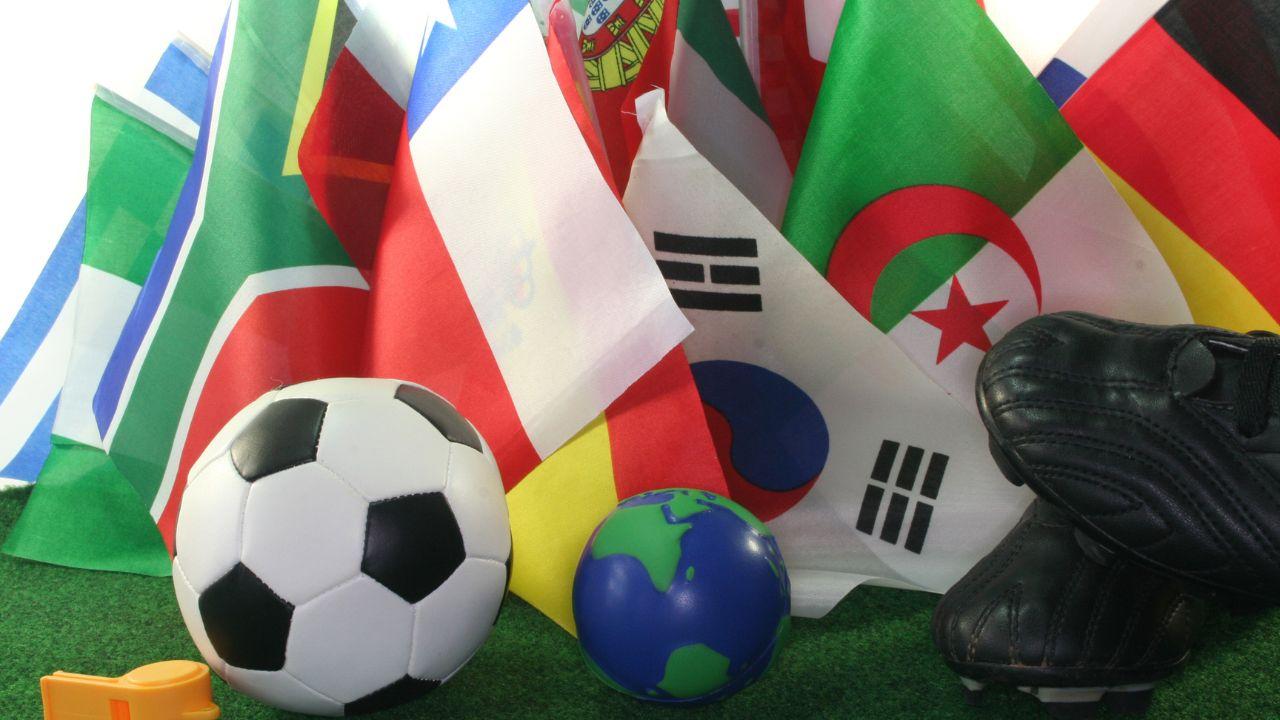

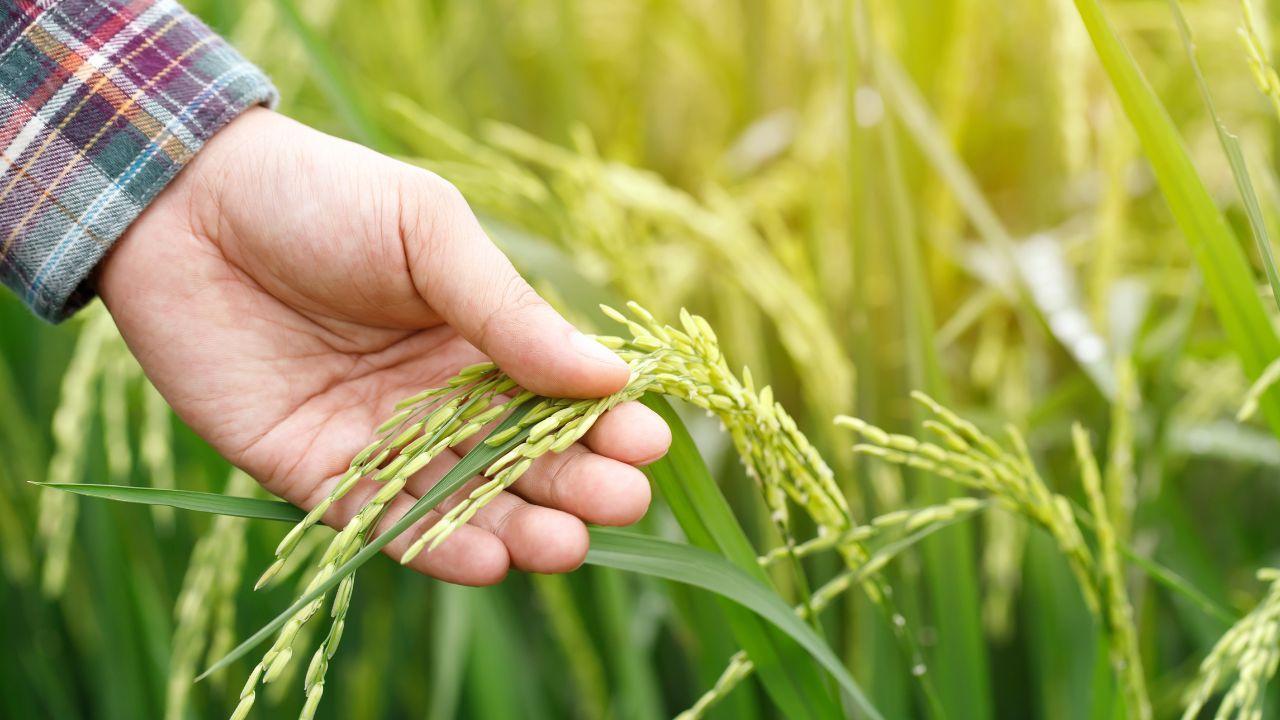
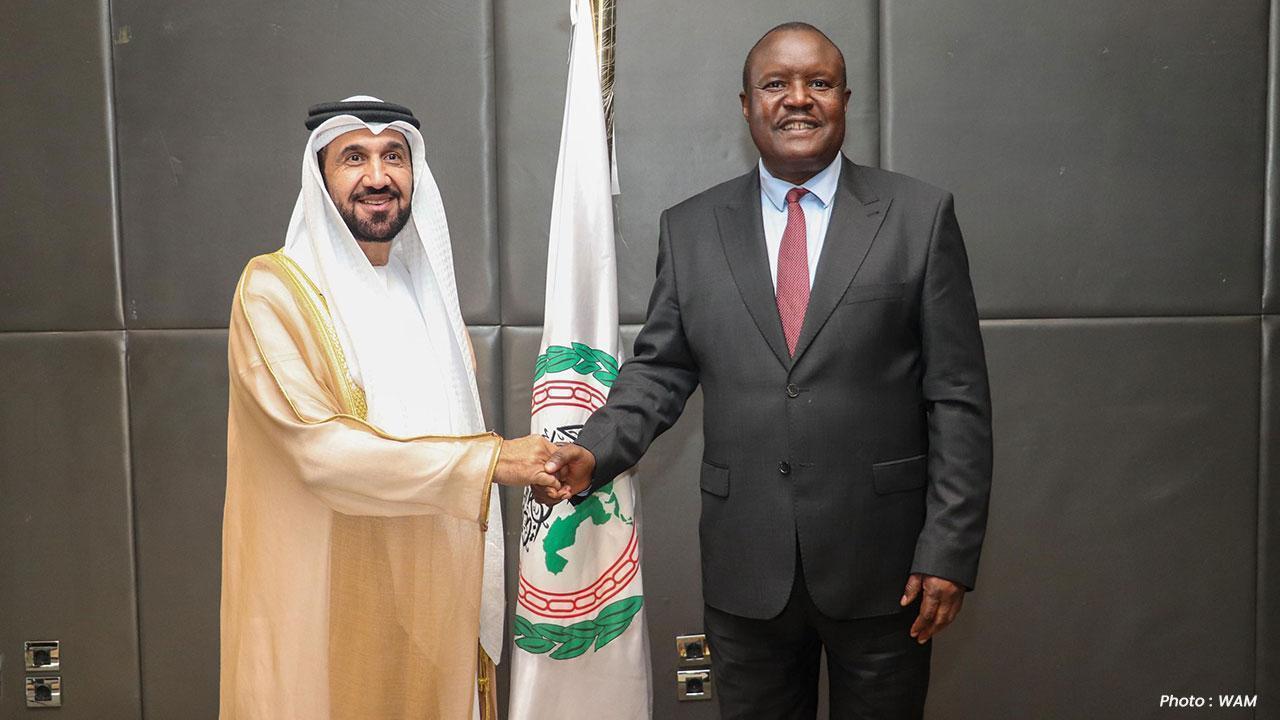
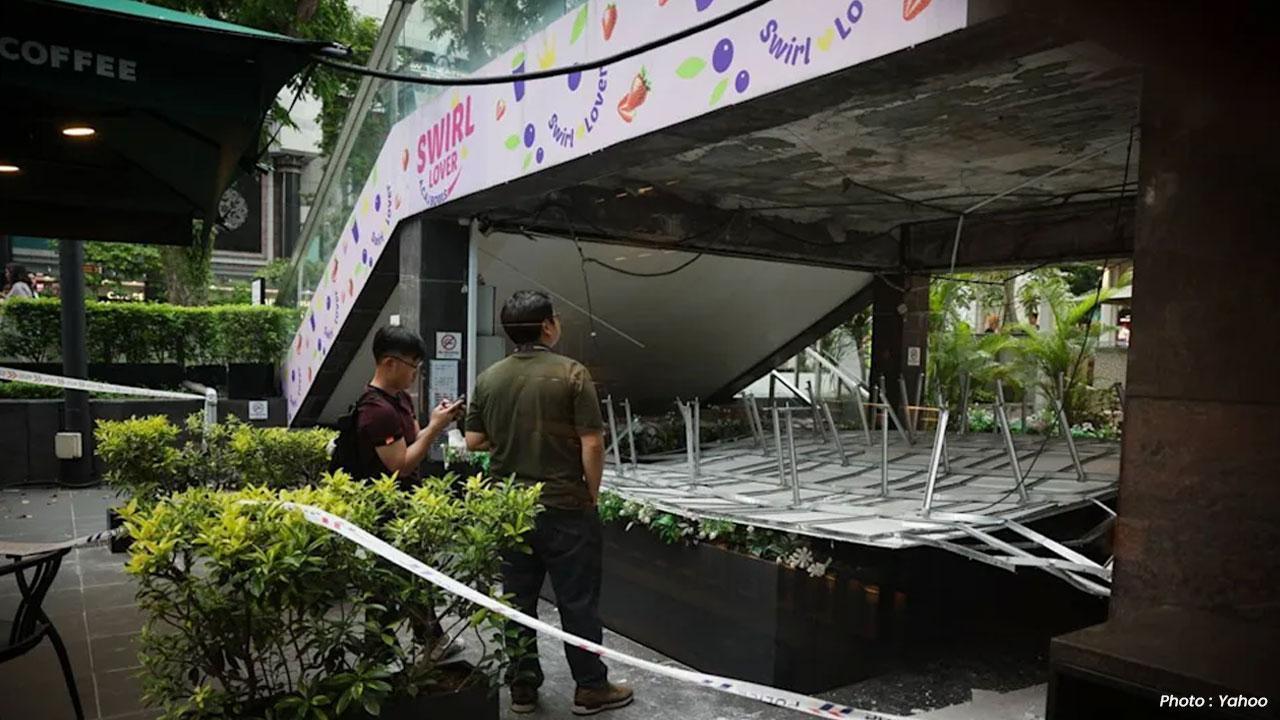




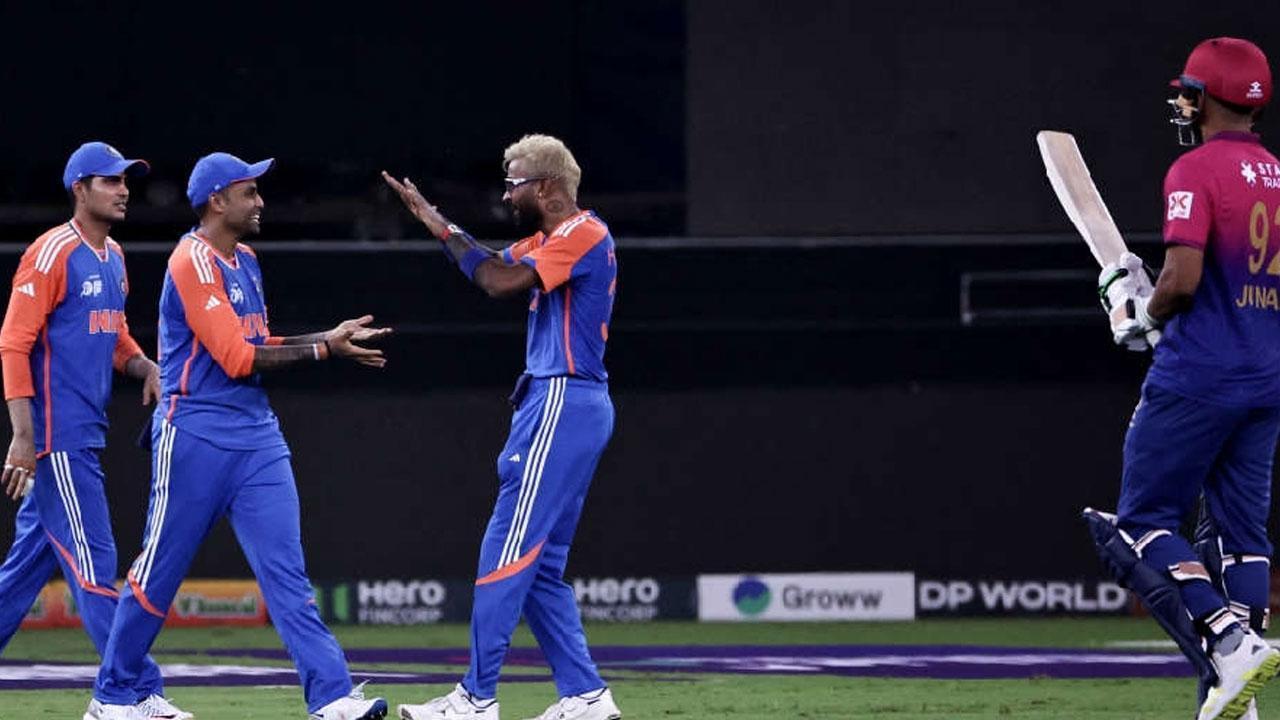
India Dominates UAE by 9 Wickets in Asia Cup 2025 Opener with Brilliant Bowling
India dominates UAE in Asia Cup 2025 opener, winning by 9 wickets with Kuldeep Yadav shining and a q
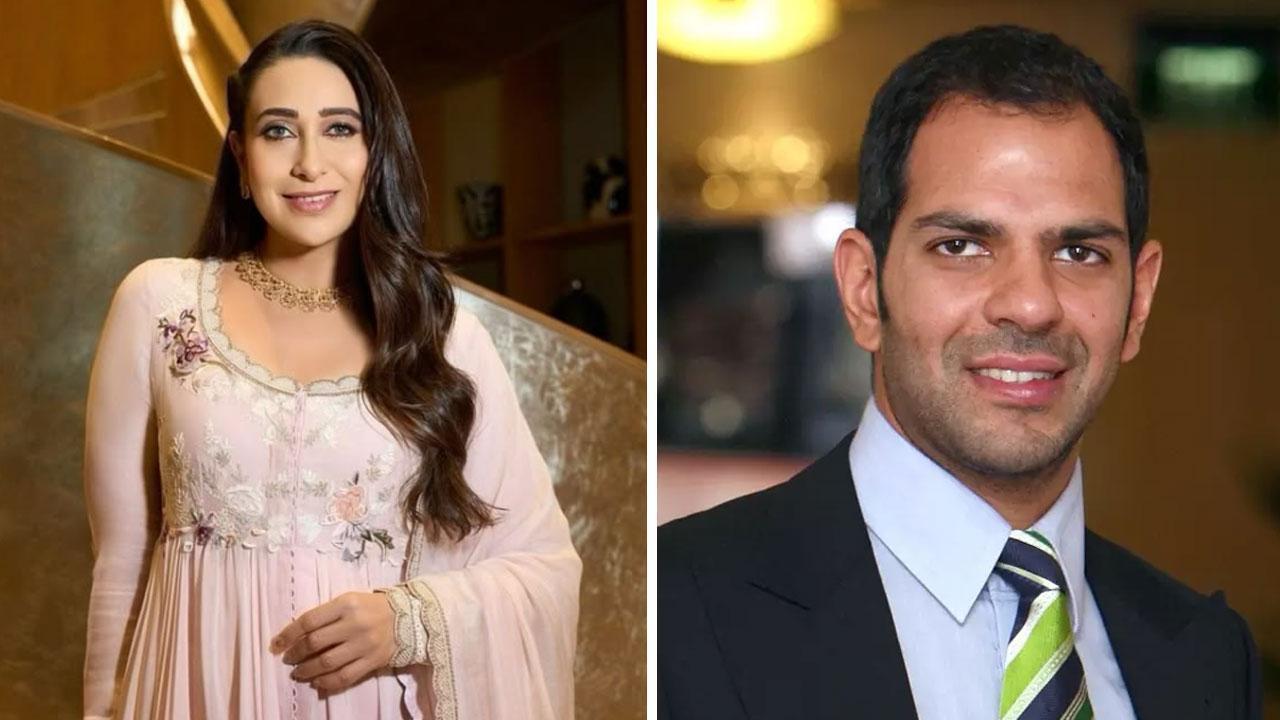
Karishma's Kids Get 1,900 Crore: Priya Kapoor Defends Sunjay Kapur Estate
Priya Kapur claims Karisma Kapoor’s children already received Rs 1,900 crore as court battle over Su
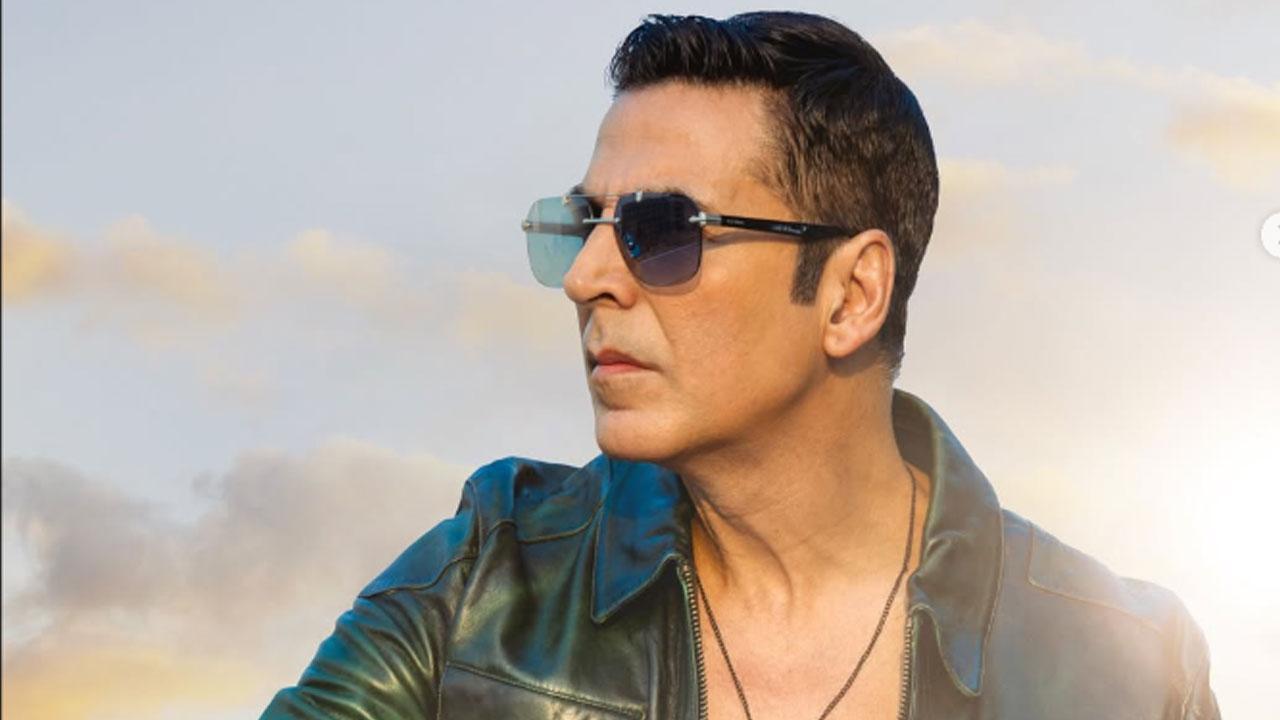
Akshay Kumar 58th Birthday Heartfelt Thanks to Fans and Colleagues
Bollywood star Akshay Kumar celebrates his 58th birthday with gratitude, thanking fans and colleague

Hina Khan Backs Ashnoor Kaur After Farhana Bhatt Bigg Boss 19 Remarks
Hina Khan supports Ashnoor Kaur after Farrhana Bhatt’s comment on Bigg Boss 19, sparking social medi
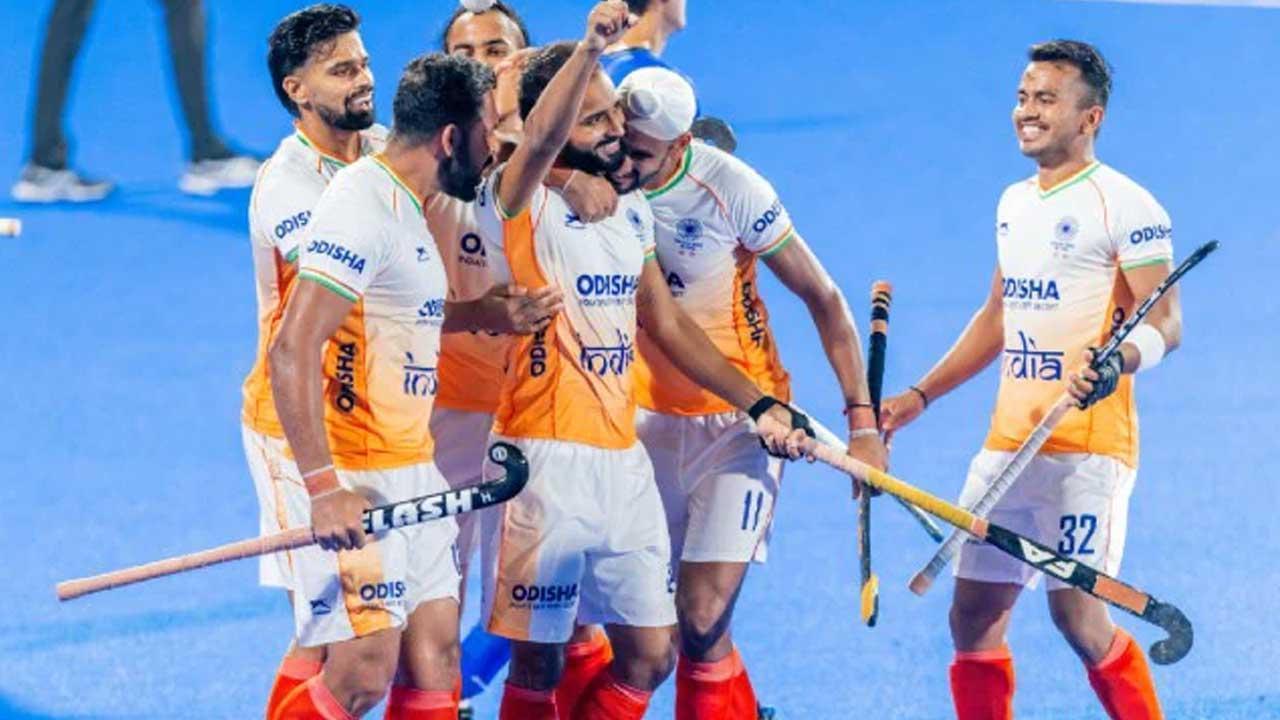
India Beats Korea 4-1 to Win Asia Cup 2025, Secures Spot in 2026 World Cup
India dominates Korea 4-1 in Asia Cup 2025 final, wins the title and qualifies for the 2026 Men’s Ho

Daniel Ricciardo Retires from Racing, Joins Ford as Global Motorsports Ambassador
Daniel Ricciardo ends his racing career and becomes Ford’s Global Racing Ambassador, staying connect